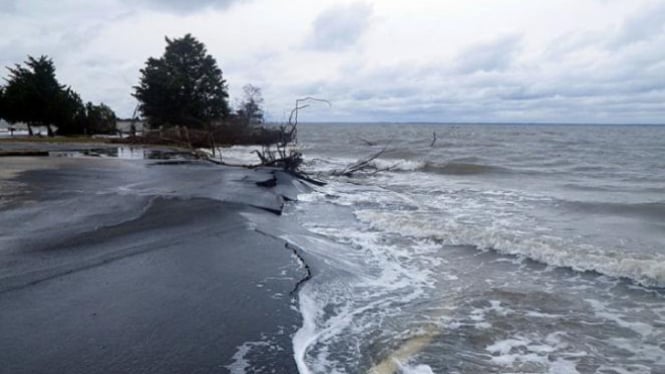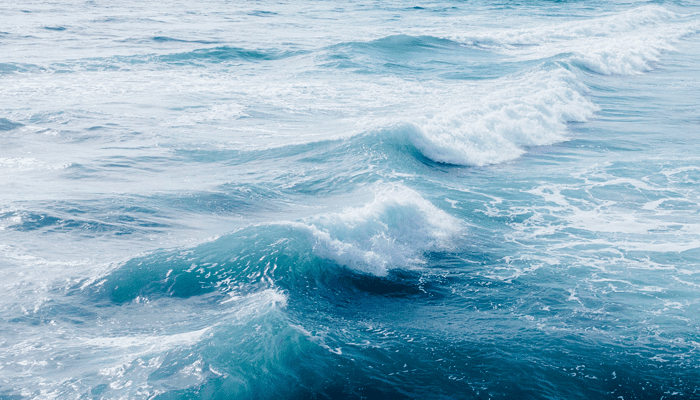VIVA – Over the past few months the news around the world has been filled with news of dire climate disasters and climate change. Events such as the highest heat temperatures recorded in the Pacific Northwest region to the island of Sicily.
Then floods in Northern Europe and the eastern United States, wildfires from France to Siberia to Greece, became a series of rare events in the past few decades, but now look like ordinary events.
A recent study published in Jurnal Nature Climate Change August 30 edition, predicts that due to the increase in the earth’s temperature, an increase in sea level extremes along coastlines around the world will occur 100 times more frequently by the end of this century. This is predicted to happen in half of the 7,283 locations studied.
That way, extreme sea level rise as a result of rising Earth’s temperature, which was originally predicted to occur once every 100 years, will now occur more than once every year throughout the end of this century.
Although the researchers say there is a lot of uncertainty about the future climate, it is most likely that this pattern of sea level rise will continue to occur as global temperatures increase to 1.5°C or 2°C compared to pre-industrial Earth temperatures.
The researchers estimate the temperature as the worst possible situation due to global warming. And that change is likely to occur even more rapidly by the end of the century, with many locations experiencing a 100-fold increase in sea level rise than predicted before 2070.
Impact map of each location
Professor Roshanka Ranasinghe from IHE Delft and Deltares (Netherlands) conducted the world’s first study design with lead author Dr. Claudia Tebaldi of the US Department of Energy’s Pacific Northwest National Laboratory. The study brings together an international team of researchers from the United States, Netherlands, Italy and Australia, who have led previous major studies of sea level extremes and the effects of rising sea surface temperatures.
–


